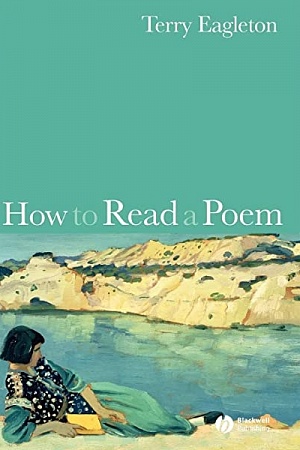The New Faber Book of Love Poems
Faber, $49.95 hb, 463 pp
The New Faber Book of Love Poems edited by James Fenton
The dust jacket describes James Fenton as ‘rightly praised for his own love poetry’. Evidently, Fenton does not demur, because he has found room for six of his own poems when other likely names are represented less generously or not at all. But more of that anon.
The introduction begins by quoting Michael Longley: ‘I have believed for a long time … that love poetry is at the core of the enterprise: if poetry is a wheel, then the hub of the wheel is love poetry. Poems which articulate all the other cares and attachments … radiate from the hub like spokes on a wheel.’ Fenton continues: ‘I love you. You love me. I used to love you. You don’t love me. I want to sleep with you. Here we are in bed together. I hate you. You betrayed me. I’ve betrayed you. I want to kill you. Oh no! I have killed you. Such are the simple propositions on which these lyrics elaborate.’ One can agree or disagree with Longley’s contention, but it is at least a case to be argued. Fenton’s simple declaratives seem a reasonable summation of the promptings of love poetry, except possibly the last one. But do the contents of the anthology bear out these prescriptions? Many of the poems do, but there are choices which strike me as curious. Take W.H. Auden’s ‘As I Walked Out One Evening’. Three stanzas of this poem, beginning at ‘I’ll love you, dear, I’ll love you’, emblazon the entire back cover of the dust jacket, so presumably we are to take this as a central, or at least typical, poem. It is one of my favourite poems, but is it a love poem exactly? It contains a love poem, yes, the quoted stanzas, but the poem is much longer than that and the speaker of those lines is not the speaker of the poem, who announces his preoccupation in the next stanza: ‘O let not time deceive you, / You cannot conquer time.’
Continue reading for only $10 per month. Subscribe and gain full access to Australian Book Review. Already a subscriber? Sign in. If you need assistance, feel free to contact us.











Leave a comment
If you are an ABR subscriber, you will need to sign in to post a comment.
If you have forgotten your sign in details, or if you receive an error message when trying to submit your comment, please email your comment (and the name of the article to which it relates) to ABR Comments. We will review your comment and, subject to approval, we will post it under your name.
Please note that all comments must be approved by ABR and comply with our Terms & Conditions.